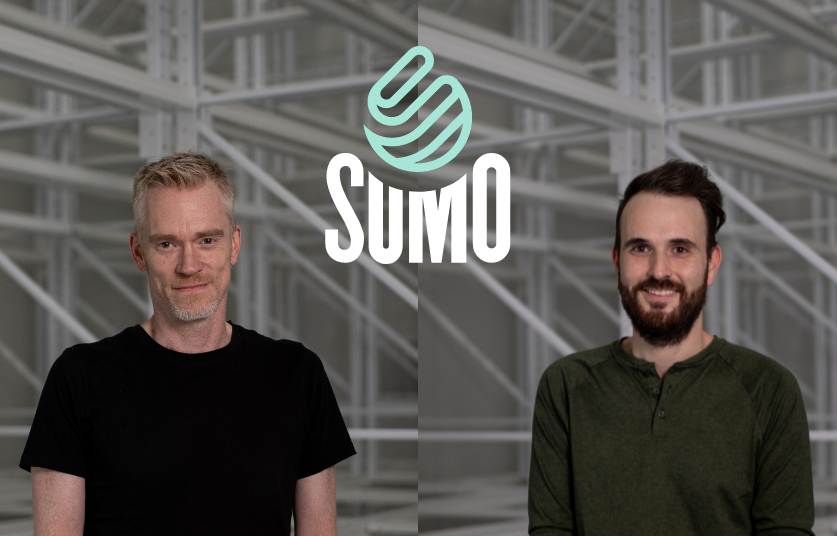Although cannabis consumption is now legal in Québec, it is important to remember that it is still illegal to share cannabis with people under the age of 21 or to buy cannabis for them.
Two of the directors and co-founders of SUMO Cannabis, Francis Descôteaux, a psychologist, and Jonathan Bossé, a social worker, have worked for many years with youth.
At Sumo, management relies on scientific data and asserts that the use of psychoactive substances, including alcohol and cannabis, is not recommended for people under 25 years of age. Before that age, the brain is still developing. In other words, it is best if consumption starts as late as possible. Proof that consumer health and safety is an important value for us.
That being said, what should you do if you find out your teen is smoking cannabis? For Francis and Jonathan, the best strategy is to listen to what your child has to say. Above all: avoid moralizing speeches and overreacting!
Keep in mind that being a teenager is an overwhelming part of life. The brain is developing as well as the identity. That’s why it’s essential for young people to have healthy lifestyle habits. Indeed, some of the main factors that can help your teenager make the right choices and keep away from psychoactive substances such as cannabis are social skills, having good friends, positive connections with school, etc.1 The SUMO Cannabis team believes that the most important thing for parents to understand is what is causing their teen to use cannabis. Do they hang out with the right people? Do they have a passion? Are they involved in sports, art or other extracurricular activities? What are their interests?
Low self-esteem, lack of attachment to school, friends who use drugs, and family problems are factors that can lead to your child experimenting with different substances, such as cannabis.
It is by discussing with their teenager that parents will have a better understanding of where they are in life, their goals, etc. Adults who interact with teenagers (parents, teachers, social workers, etc.) need to have an educational, supportive and preventive approach to mental health, rather than being prejudiced and stigmatizing them.
Short on resources?
Are you experiencing a stressful situation related to your teen’s consumption of cannabis and would like to be assisted? Don’t hesitate to contact your child’s school personnel to support and accompany you. It is also possible to reach out to the various resources in your area (CIUSSS, CLSC, psychologists, psychoeducators, social workers, etc.).
1 https://www.canada.ca/en/health-canada/services/health-concerns/reports-publications/alcohol-drug-prevention/talk-your-teen-about-drugs-communication-tips-parents.html



